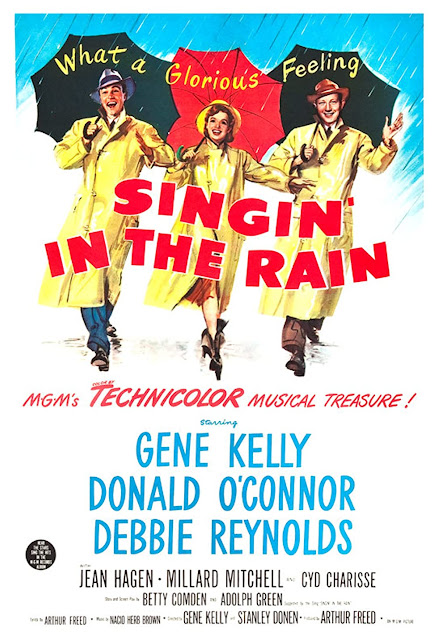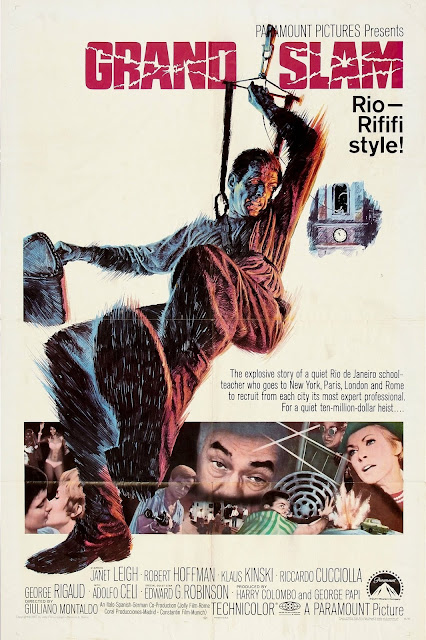Henry: Portrait Of A Serial Killer (1986) ****

Henry: Portrait Of A Serial Killer (1986) is a slow-moving, unflinchingly realistic, at times gruesomely funny film that turns the fascination with serial killers on its head by implicating its audience in the entertainment of murder, etc. The random nature of the killings portrayed in Henry add to the unsettling quality of the death tableaus captured in gritty 16mm. With an unbelievably assured debut performance by Michael Rooker , stark atmosphere, documentary-like cinematography, and a score both haunting and jarring, John McNaughton ’s feature debut remains a chilling micro budget classic that still has the power to disturb. Recommended for fans of Peeping Tom (1960) ( review ), Man Bites Dog (1992) ( review ), and Maniac (1980) ( review ). John McNaughton Feature Films Ranked


















